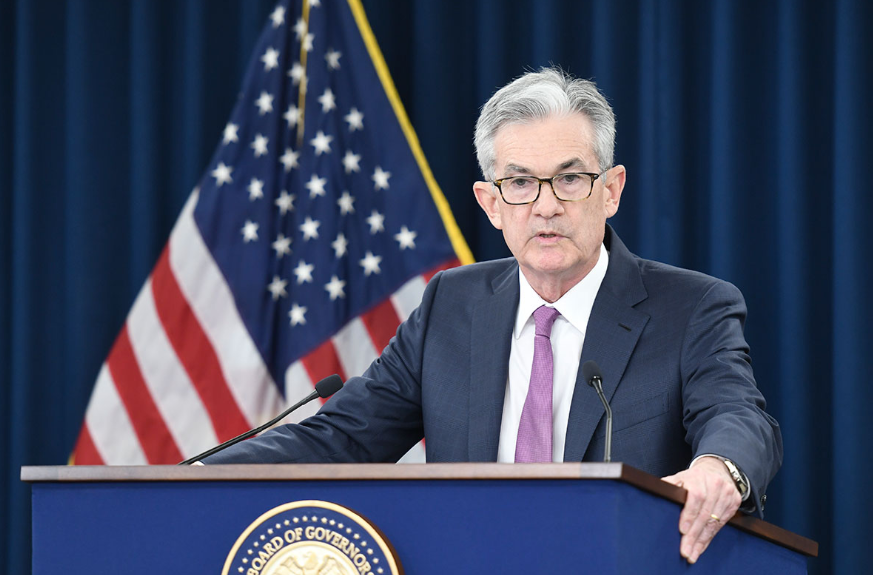by Mike Pyle, Chief Global Investment Strategist, Blackrock
Mike shares how we are updating views on global growth and asset allocation as the coronavirus spreads across the world.
The spread of the corona-virus beyond China has alarmed global financial markets, as it has opened up a new global dimension to the epidemic and potential for a sharp economic drag from efforts to contain it. We expect the economic expansion to remain intact, albeit on a lower track than we had previously anticipated. We see a sharp rebound once potential disruptions dissipate, yet the unknown depth and duration of the shock add material downside risks. As a result, we have pulled back our moderately pro-risk stance to a neutral stance.
Global markets have been gripped by fears over the impact of the epidemic. Market attention to the outbreak has shot up to levels higher than those seen during the SARS epidemic in 2003, according to our text analysis of broker reports and the financial press. See the chart above. We see the drag on economic activity threatening to push some developed economies – such as Japan and the euro area – toward the brink of a technical recession (defined as two consecutive quarters of economic contraction), even though we don’t foresee a recession in the U.S. or globally. A policy pause is no longer our base case. A sustained tightening of financial conditions or impairment to market liquidity could be met with coordinated policy easing by major central banks but many, such as in the euro area and Japan, have limited policy space. Fiscal policy will likely also be an important part of the toolkit, especially in China.
The level of economic activity is likely to step down for 2020 as the outbreak is becoming an increasingly global public health threat, we believe. Disruptions are already spreading across continents – and may further decelerate economic activity. We expect a rapid rebound in activity once disruptions dissipate, but still see a great deal of uncertainty around the extent and pace of the deceleration. These include the outbreak’s eventual geographical reach, the public health measures taken in response, and how long the outbreak and these measures last. One key signpost to watch in the near term: How successful will China’s effort to restart its economic activity be – and can it avoid another round of mass infection as workers return? This may provide insight on the potential duration of the outbreak – and its economic impact – elsewhere.
Our base case
We see the drag on economic activity as temporary, with underlying economic fundamentals still supportive of the global economic expansion. The risk to this view is that the hit to economies from the outbreak and containment measures undermines fundamentals and triggers the end of this cycle. We are on the lookout for any signs of a liquidity crunch or deterioration in financial conditions. Many small-and medium-sized enterprises in Europe and China, among other regions, could be susceptible to a cash flow crunch if the outbreak endures, and easy financial conditions have been crucial in supporting global growth since late last year. We see material risks to global supply chains, concentrated in tech, autos and capital goods. This outbreak may further compel companies to reassess their supply chains, which have already come under pressure from global trade tensions in recent years. Over time, these supply shocks could weigh on growth, increase production costs, and pressure profit margins lower and inflation higher.
We still view the U.S. as in a late-cycle slowdown regime. The impact of broader monetary and fiscal policy responses may be difficult to gauge during the outbreak, but it’s clear that liquidity support and additional public health spending will be necessary. An additional source of financial market uncertainty is the wide divergence between the policy agendas of the parties in the U.S. presidential election. We reduce our overweight equity and credit exposures to benchmark weights, and advocate portfolio resilience through the quality and minimum volatility equity factors, the ballast properties of government bonds – especially U.S. Treasuries – and cash. We are also reviewing our granular regional equity and fixed income views.
Mike Pyle, CFA, is Global Chief Investment Strategist for BlackRock, leading the Investment Strategy function within the BlackRock Investment Institute. He is a regular contributor to The Blog.
*****
Investing involves risks, including possible loss of principal.
This material is not intended to be relied upon as a forecast, research or investment advice, and is not a recommendation, offer or solicitation to buy or sell any securities or to adopt any investment strategy. The opinions expressed are as of February 2020 and may change as subsequent conditions vary. The information and opinions contained in this post are derived from proprietary and nonproprietary sources deemed by BlackRock to be reliable, are not necessarily all-inclusive and are not guaranteed as to accuracy. As such, no warranty of accuracy or reliability is given and no responsibility arising in any other way for errors and omissions (including responsibility to any person by reason of negligence) is accepted by BlackRock, its officers, employees or agents. This post may contain “forward-looking” information that is not purely historical in nature. Such information may include, among other things, projections and forecasts. There is no guarantee that any forecasts made will come to pass. Reliance upon information in this post is at the sole discretion of the reader. Past performance is no guarantee of future results. Index performance is shown for illustrative purposes only. You cannot invest directly in an index.
©2020 BlackRock, Inc. All rights reserved. BLACKROCK is a registered trademark of BlackRock, Inc., or its subsidiaries in the United States and elsewhere. All other marks are the property of their respective owners.
BIIM0320U-1106257
This post was first published at the official blog of Blackrock.














